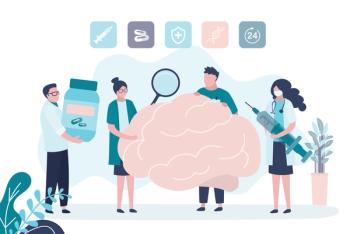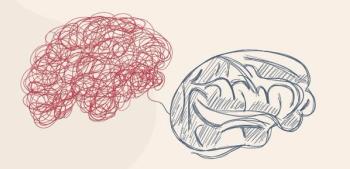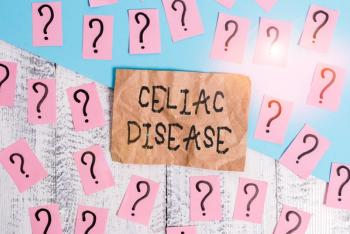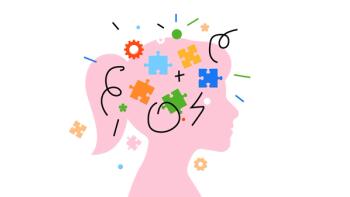
Explore the intricate relationship between sleep disorders and psychiatric conditions, diagnostic challenges, and effective management strategies, in this Special Report article.

Explore the intricate relationship between sleep disorders and psychiatric conditions, diagnostic challenges, and effective management strategies, in this Special Report article.

Explore the complex relationship between insomnia and mental health, and learn more about effective treatments like CBT-I for better sleep and well-being.

There is a critical link between sleep disorders and psychiatric conditions. In this Special Report, examine effective diagnosis and treatment strategies for better patient outcomes.

Learn more about the critical link between early adversity and psychosis, and the need for targeted interventions and preventive measures.

Explore the complex role of dopamine in schizophrenia, its impact on symptoms, and potential therapeutic advancements.

Early intervention in schizophrenia enhances recovery, reduces symptoms, and improves quality of life through coordinated specialty care programs across the US.

In this Special Report, explore groundbreaking insights on schizophrenia treatment, early intervention strategies, and the impact of childhood trauma on psychosis.

Emergency psychiatry gains recognition with a new focused practice designation, enhancing collaboration between emergency medicine and psychiatry for better patient care.

Crisis stabilization centers provide immediate, compassionate care for mental health crises, reducing emergency department congestion and enhancing recovery pathways.

Emergency psychiatry navigates complex ethical dilemmas, balancing patient safety, autonomy, and confidentiality in high-stakes situations.

EmPATH units revolutionize emergency psychiatry, offering rapid, compassionate care for behavioral health crises and improving community outcomes.

Emergency departments face unique challenges in providing psychiatric care for individuals with intellectual and developmental disabilities, impacting wait times and overall experience.

2025: one of the most consequential years ever for emergency psychiatry.

The prevalence of tobacco use in schizophrenia is over 60%—3 times that of the general population. However, the reason for the high prevalence of tobacco use in schizophrenia remains largely unknown.

Learn more about key findings on sex differences in cognition, exploring the possible causes and implications for clinical practice.

Disruptions to cognitive control, as well as to emotional processes, are implicated in a wide range of psychiatric disorders.

Cognitive symptoms affect between 85% and 94% of patients with major depressive disorder. Despite this prevalence, cognitive dysfunction often remains undertreated and inadequately addressed in routine clinical practice.

Review various aspects of cognition in our latest Special Report.

The relationship between social media use and mental health remains inconclusive. How can you best treat child and adolescents and guide their social media use?

According to research, symptoms of ADHD are more often overlooked or diagnosed later in children with higher cognitive ability, physical activity, or social skills.

The fact that celiac disease has effects on the brain is recognized but not completely understood.

Learn more about how to appropriately diagnose and categorize a spectrum of posttraumatic stress responses in children and adolescents.

How has the field of child and adolescent psychiatry matured over the last 3 decades? Our Special Report Chair, Peter S. Jensen, MD, elaborates.

Here's how best to manage polypharmacy in patients with traumatic brain injury.

How often do you revisit a comprehensive medication reconciliation?

Check out these top 10 best practices for treating patients with mood disorders.

Check out the top 5 best practice recommendations for treating children and adolescents with psychotropic and combination therapies.

Let's review the Special Reports of 2024!

A recent longitudinal, retrospective study aimed to examine antipsychotic prescribing and rehospitalization rates in a forensic psychiatric sample.

Researchers investigated the link between psychosis, criminal sanctions, and mortality rates following discharge from a hospital for acute psychosis.